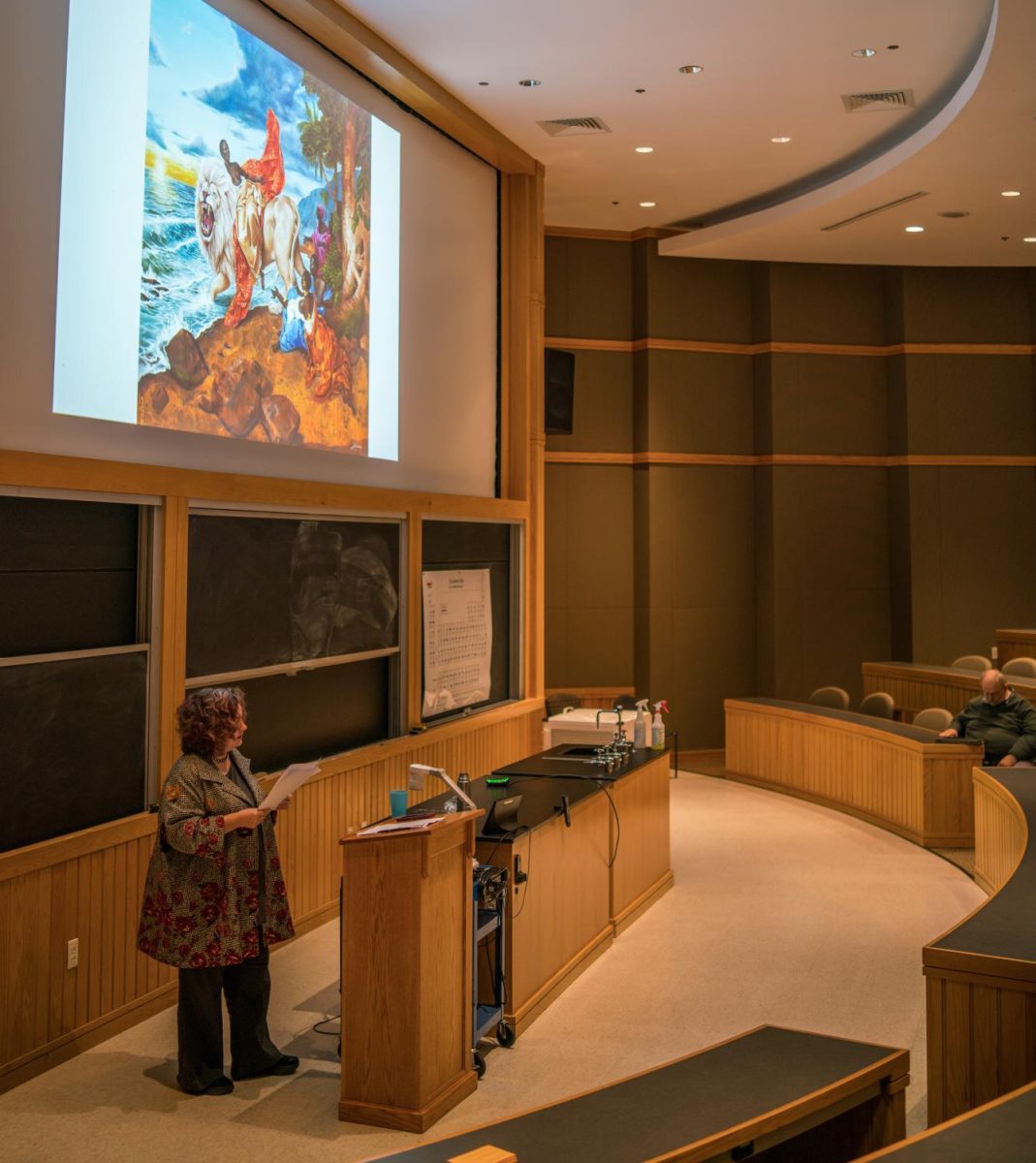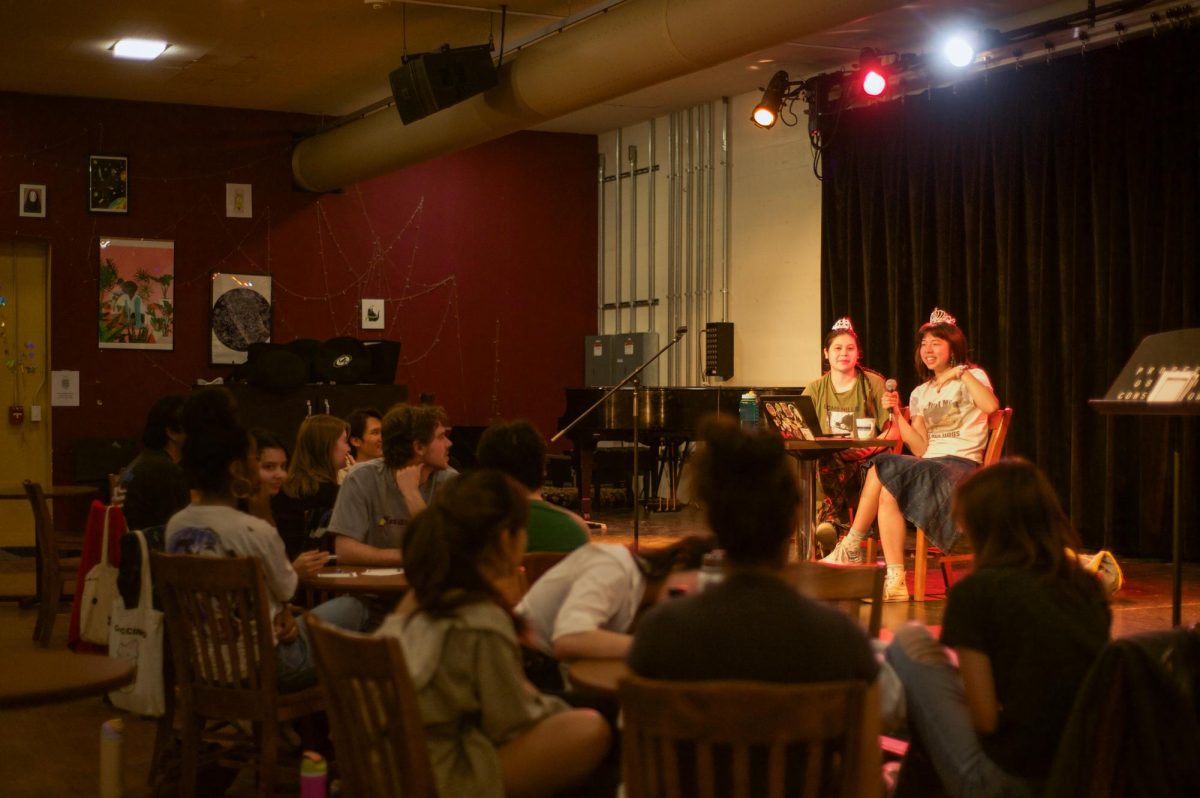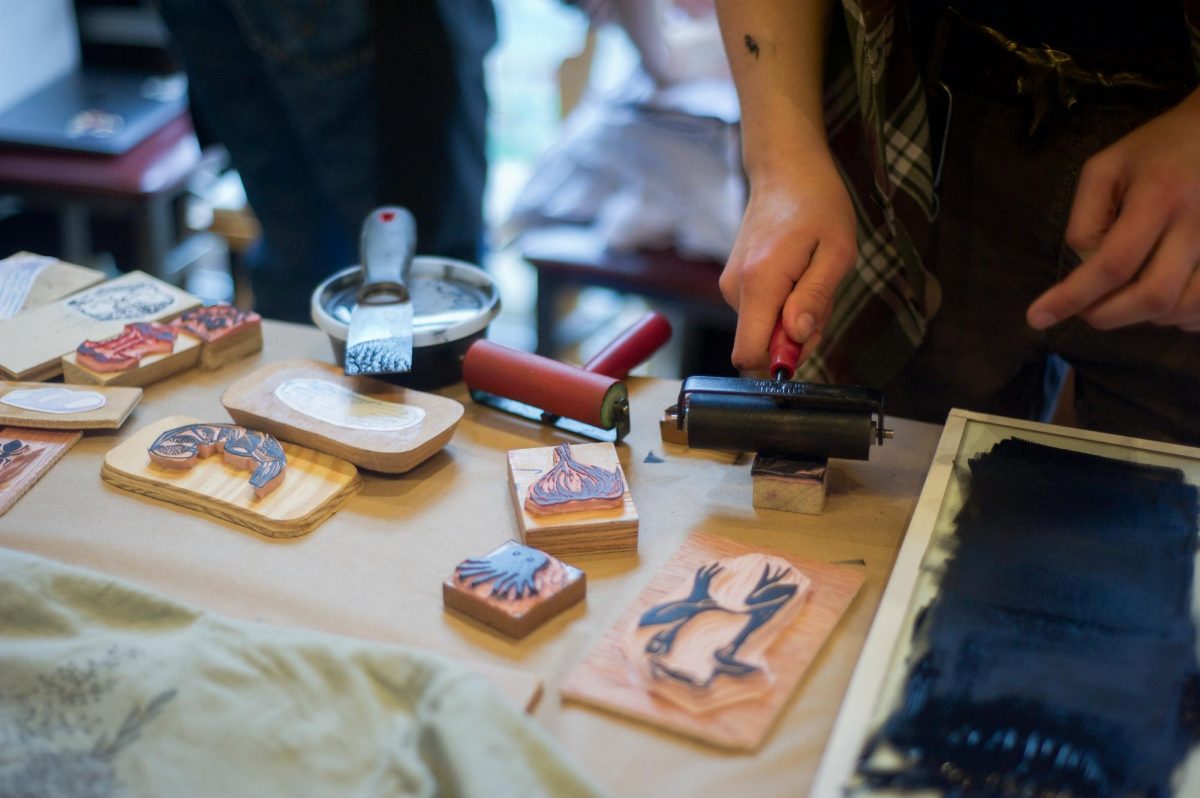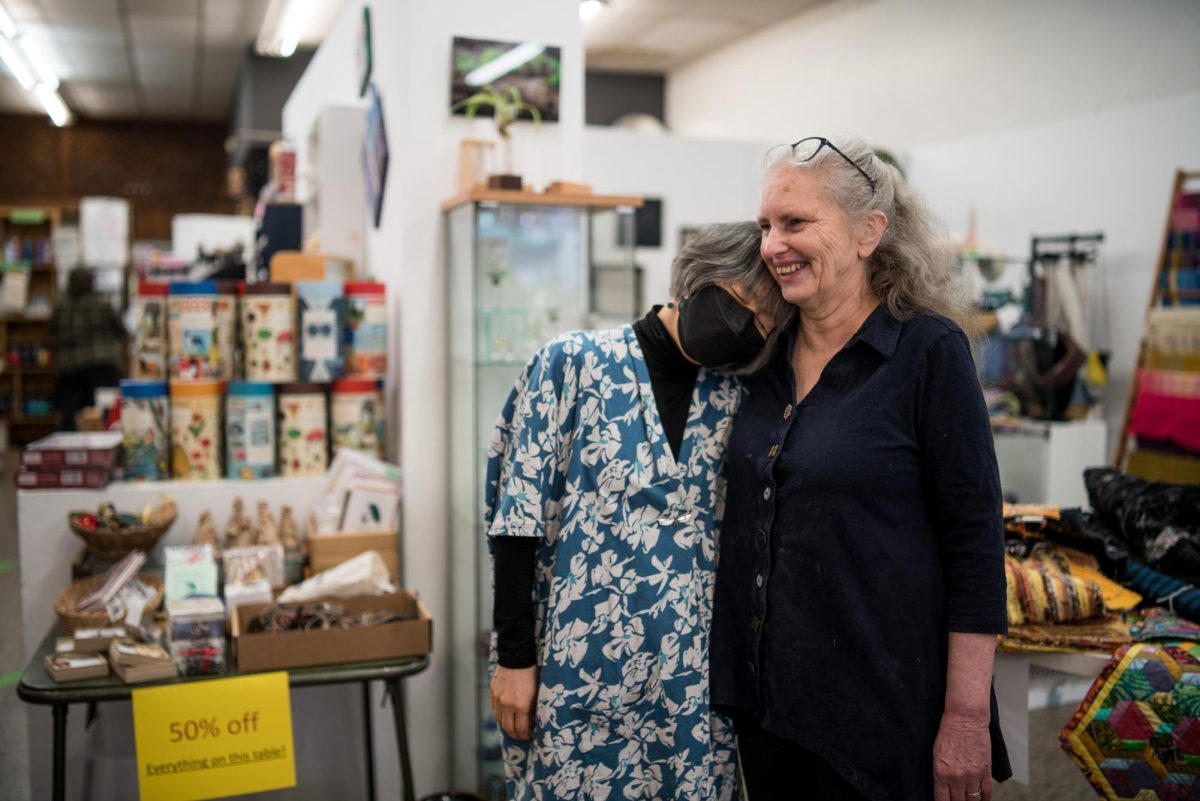Editor’s Note: This article contains mention of sexual harm.
Last week, the Classics Department hosted the Charles Beebe Martin Classical Lectures, presented by Argyropoulos Chair of Hellenic Studies at the University of California, Santa Barbara Helen Morales under the title “Art, Activism, and Ancient Fiction.”
Founded in 1927, the Martin Lectures honor former Professor of Classics Charles Beebe Martin, OC 1876. Occurring almost annually since then, they are regarded as one of the most prestigious Classical lecture series in the country. As Chair of Classics Kirk Ormand noted in his introduction to this year’s opening lecture, the series differs from most other endowed classical lectureships in that rather than being funded by a single large gift, it was funded by an extensive collection of small donations from alumni. Each year, the Martin Lectures are given by a guest lecturer on a single topic, serving as an example and learning experience for lecturers in the audience.
This year, Morales’ lectures were held Oct. 30, Oct. 31, Nov. 2, and Nov. 3. Each lecture had a distinct topic and title within the overarching theme and explored several ancient stories including some of Aesop’s fables, “Secundus the Silent Philosopher,” and “Apollonius of Tyre.”
In the first of four lectures in the series, “Re-encountering Antiquity with Harmonia Rosales,” Morales discussed the art of contemporary Afro-Cuban, Los Angeles-based artist Harmonia Rosales.
“[Her art] takes Renaissance artworks that feature Greek and Roman myths and history and reimagines them to tell the myths and history of the Yoruba people, who were abducted, enslaved, and trafficked from West Africa to Cuba during the Atlantic slave trade,” Morales said.
Rosales’ artworks include “White Lion,” a re-imagining of Jean François de Troy’s “The Abduction of Europa,” and “Garden of Eve,” a re-interpretation of Lawrence Alma-Tameda’s “The Roses of Heliogabalus.”
In subsequent lectures titled “Aesop, Slavery, and Queer Kinship,” “Riddles of Incest,” and “Heliodorus’ Blackness,” Morales focused on numerous literary, artistic, and political themes. It included how both ancient and contemporary dehumanizing depictions of Aesop, who was said to have been an enslaved Greek man in the medieval fictionalized biography The Life of Aesop. That book portrayed conceptions of family beyond the traditional nuclear family, and images of Apollo — specifically the Apollo Belvedere — were used to support racism and white supremacy.
Morales also explored power imbalances and incest in the ancient story “Secundus the Silent Philosopher.” It’s about a young man who, in order to test whether all women can be bought, arranges to sleep with his own mother and takes a vow of silence so he can never again speak of it. These themes were also brought to light in “Appolonius of Tyre,” in which the King of Antioch rapes his daughter, leaving her only able to speak in riddles. Morales discussed other ideas as well, including ancient notions of race through the lens of Heliodorus’ “Ethiopian Tales.”
Ormand explained the considerations of the Classics department when seeking a Martin Lecturer.
“The Classics department looks for a scholar with an international reputation who is doing cutting-edge and relevant work,” Ormand wrote in an email to the Review. “In recent years we’ve also tended to look for scholars whose work is in some way interdisciplinary.”
For this year’s Classics faculty, it was Morales’ scholarship on an under-studied area of the field and her commitment to working through an activist lens that confirmed their decision.
“We were interested in Professor Morales for several reasons: her work on the ancient Greek novel, which is a genre often overlooked, as well as her general engagement with issues of equity and social justice as they relate to Classical scholarship,” Ormand wrote.
Mildred C. Jay Professor of Medieval Art History Erik Inglis, OC ’89, who attended three of the lectures, noted the contemporary relevance of the series.
“Professor Morales’ lectures were remarkable to me in … her ability to take texts unfamiliar to me and make them urgent and interesting,” Inglis said. “I was particularly enthralled by her discussion of Heliodorus, which demonstrated that bringing contemporary questions to ancient texts is both historically responsible and intellectually generative. The enthusiastic response of the large audience confirmed Morales’ success.”










